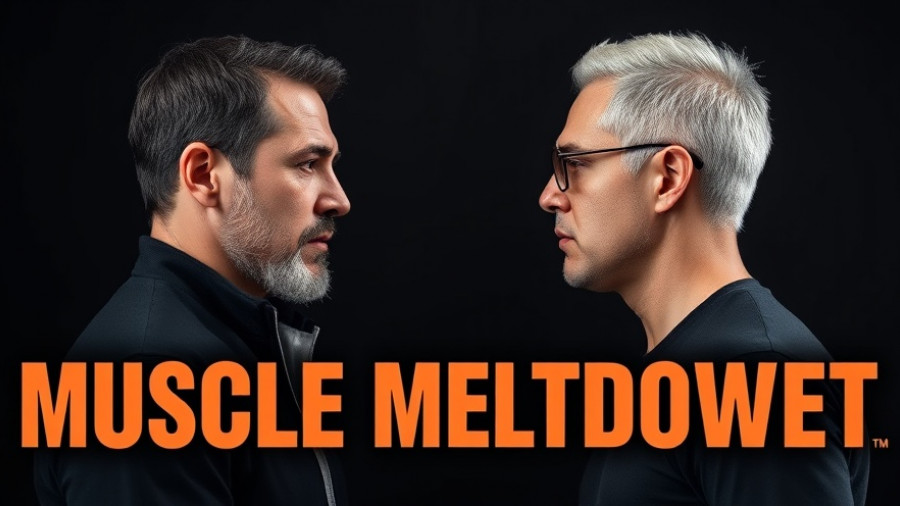
Understanding Personality: More Than Just Traits
The fascinating idea posed by Olga Kazan in her conversation on The Human Upgrade is that our personalities may not be as fixed as we perceive them. Many individuals often feel bound by traits labeled as 'inborn' or 'hardwired,' but what if they’re merely narratives we've lived by? Kazan's exploration of personality change reveals that your character traits can be altered through conscious effort and intentional practices.
In 'Identity Hacker: How I completely changed my personality in my 30s,' the discussion dives into the transformative power of changing personal narratives, and we’re breaking down its key ideas while adding our own perspective.
Can Anyone Change Their Personality?
This question serves as a catalyst for personal growth. Kazan emphasizes that everyone has the potential to rewrite their story, suggesting that traits often mistaken for identity—like being introverted or neurotic—can be reshaped with the right mindset and actions. Kazan’s life history shows that personality transformation often begins when one recognizes that they are not doomed to a static existence. The critical insight here is that change is both possible and attainable.
How to Start Changing
Starting the journey toward changing one’s personality may seem daunting. Yet, Kazan points out the power of behavioral activation and small, incremental changes. Engaging in activities despite anxiety, as she describes in her own life, can catalyze a shift in identity. For instance, forcing oneself to embrace social situations despite introverted tendencies can lead to significant improvements in one's extroversion over time.
The Role of Mindfulness and Self-Compassion
Mindfulness meditation emerges as a powerful tool in the pursuit of personality change. Kazan’s practical exercises, like gratitude journaling and self-acceptance, offer a more holistic approach to transformation. Not only do these practices help in reducing neuroticism, but they create an environment where positive characteristics can flourish. It's about recognizing that the anxious voice in our heads, often telling us we aren't enough, can be quieted through self-compassion and awareness.
Redefining Success and Happiness
Perhaps the most compelling takeaway from Kazan’s journey is that success and happiness are not linked solely to our personality traits but can stem from our perceptions and the narratives we tell ourselves. You can adopt traits that foster resilience and joy rather than those of anxiety and self-doubt. Your personality is pliable, much like a biohacker might adjust their diet or interventions for optimal performance. Success lies in the acceptance that the pursuit of happiness is dynamic rather than a fixed pursuit influenced by those around you.
Ultimately, Kazan's insights remind us that while personality changes require effort and intention, the benefits can be life-changing. As we reconsider who we are versus who we can be, the opportunity for growth becomes endless. Perhaps the question we should be asking is not if we can change, but what new stories will we write for ourselves moving forward?



Write A Comment